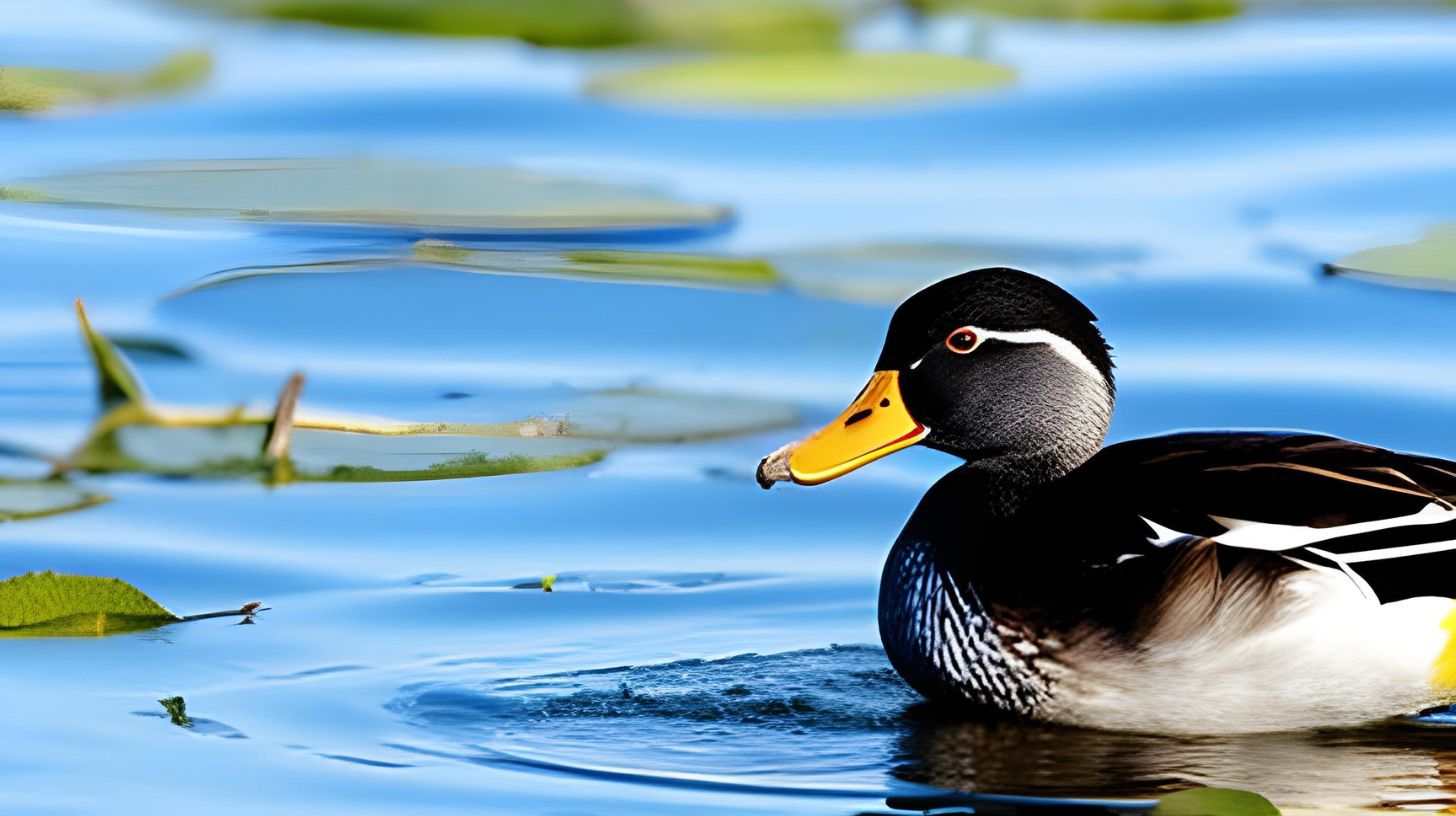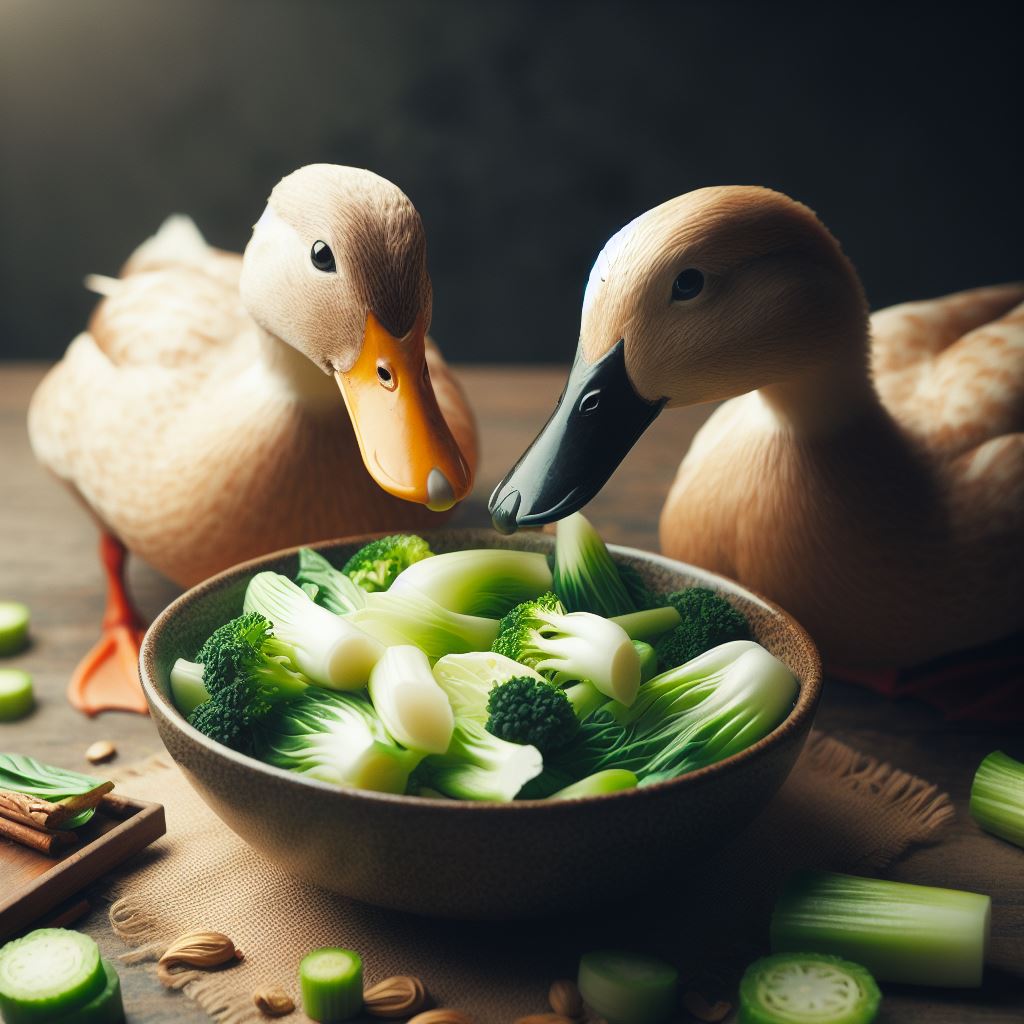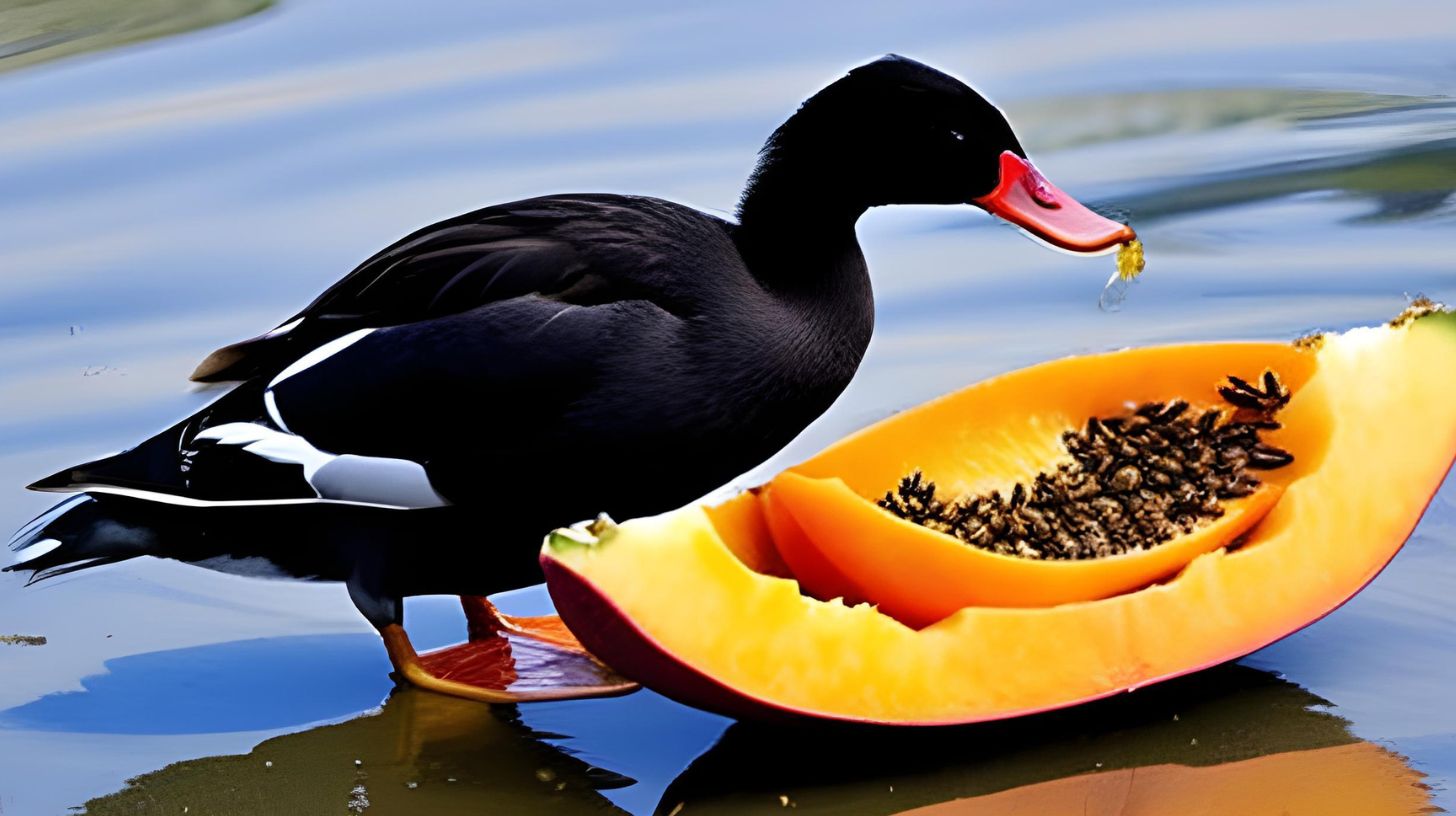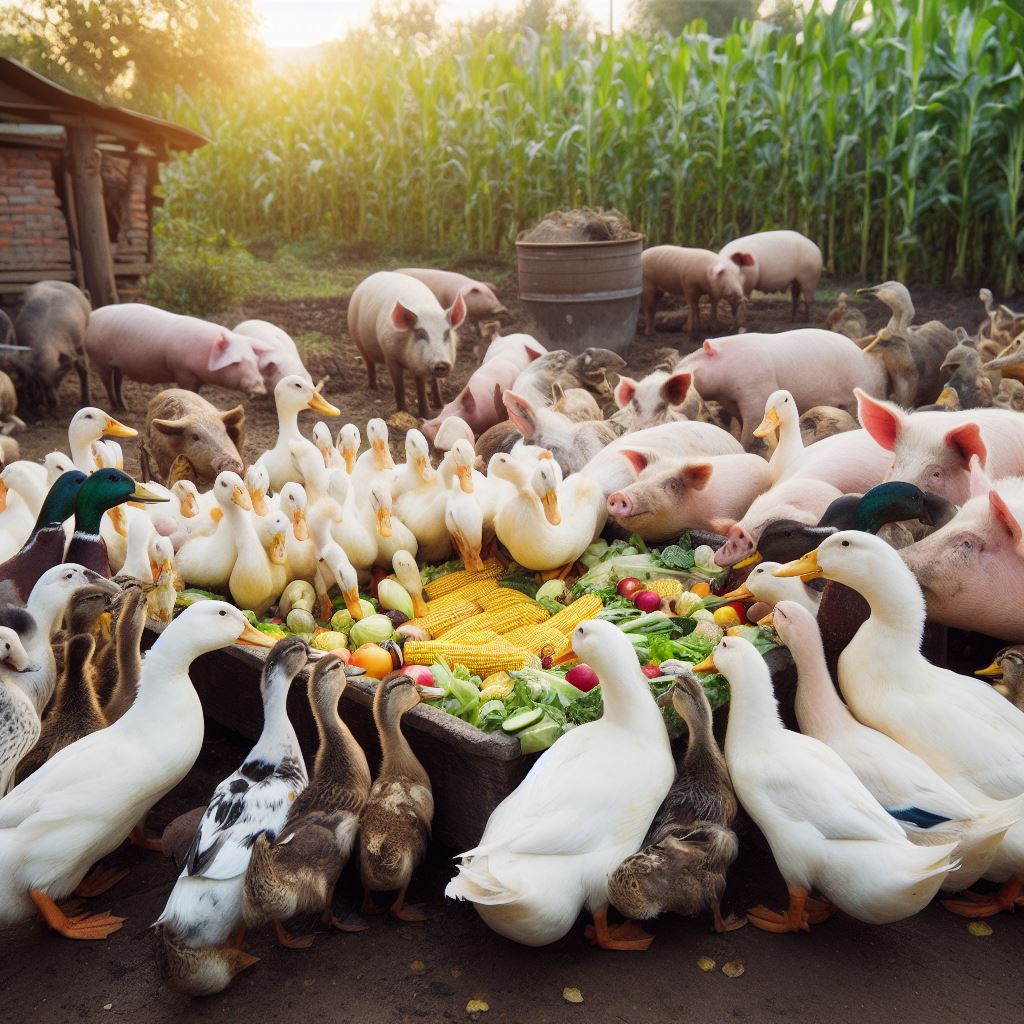Do Ducks Eat Mosquitoes? A Fascinating Look into Duck Diets

Table of content:
- How Effective Are Ducks at Controlling Mosquitoes?
- What Percentage of a Duck’s Diet Consists of Mosquitoes?
- Can Raising Ducks Help Reduce Mosquitoes in My Backyard?
- Do Wild Ducks Eat a Significant Number of Mosquitoes?
- Do Ducks Prefer to Eat Mosquito Larvae or Adult Mosquitoes?
- What Species of Ducks Eat the Most Mosquitoes?
- How Many Mosquitoes Can a Single Duck Eat Per Day?
- Final Thoughts
Mosquitoes are one of the most annoying and potentially dangerous insects around. Their itchy bites can spread diseases like malaria, yellow fever, dengue fever, Zika virus, and more. Mosquito-borne diseases result in millions of deaths worldwide every year.
Many homeowners deal with pesky mosquitoes buzzing around their backyard. They want to enjoy the outdoors without getting bitten alive! This has led many people to explore natural mosquito control methods like introducing predator species that will eat mosquitoes. One such predator is the duck.
Ducks are sometimes promoted as a natural way to reduce mosquitoes. But do ducks really help control mosquito populations? Or are they an overhyped natural mosquito remedy? Let’s explore this topic in-depth!
How Effective Are Ducks at Controlling Mosquitoes?
This is one of the most common questions homeowners have about using ducks for mosquito control. Many sources claim ducks are very effective at reducing mosquitoes, but what does the science say?
Research shows ducks do eat mosquitoes, but they also eat a wide variety of insects and other small aquatic life like grubs, flies, beetles, grasshoppers, and more. So mosquitoes make up just a portion of a duck’s diverse diet.
Most sources estimate only 10-20% of a duck’s diet consists of mosquitoes or mosquito larvae. The rest of their diet focuses on more substantial food sources.
In addition, ducks are somewhat lazy predators. While they may eat some mosquitoes in their immediate surroundings, they won’t go seeking out mosquitoes across an entire yard or property.
So in summary, ducks do consume mosquitoes, but not in high enough quantities to provide meaningful mosquito control across a large area. A few ducks in your backyard pond may reduce some mosquitoes, but don’t expect them to act like a natural insecticide. Their impact will be minor compared to other dedicated mosquito control measures.
What Percentage of a Duck’s Diet Consists of Mosquitoes?
As mentioned above, most sources estimate roughly 10-20% of a duck’s diet consists of mosquitoes or mosquito larvae. The specific percentage likely varies based on the duck’s habitat and food availability.
Ducks are opportunistic feeders. When available, they prefer protein-rich aquatic invertebrates like aquatic insects, snails, salamanders, crustaceans, and mollusks. Mosquitoes provide protein, but not as much substance as larger prey.
In addition to insect protein, ducks spend much of their time foraging for plant foods. Ducks graze extensively on aquatic vegetation, grasses, sedges, grains, seeds, and algae. These plant foods likely make up around 40% or more of their diet.
The remainder of a duck’s diet consists of small fish, frogs, worms, leeches, and other aquatic creatures. The exact proportions vary by habitat, season, duck species, and other factors.
So while mosquitoes contribute protein and nutrients to a duck’s diet, they are more of a snack than a primary food source. Don’t expect those cute ducks to act as full-time mosquito exterminators!
Can Raising Ducks Help Reduce Mosquitoes in My Backyard?
This is a popular question for homeowners dealing with mosquito problems in their backyard ponds, gardens, or wetlands. Since ducks do eat some mosquitoes, it seems logical that raising ducks could help control mosquito populations. But does the science support this?
Research shows that introducing ducks can help reduce some mosquitoes in a localized area. However, most studies find the impact is relatively small compared to other mosquito control methods.
For example, one study found that introducing young ducklings to cattail marshes reduced mosquito populations by about 29%. That’s not insignificant, but also not as large of an impact as many people expect.
The key things to consider are the number of ducks and size of area. A few ducks in a small backyard pond may eat 30-40% of mosquitoes in that immediate area. But don’t expect just 1-2 ducks to control mosquitoes across your entire 1+ acre property. You’d likely need a large number of ducks to make a serious dent across a large area.
As well, ducks in your yard pond will likely spend much of their time out of the water grazing in your yard. When not in the water, they won’t be eating aquatic mosquito larvae.
So in summary, a small number of ducks may provide some mosquito control around a backyard pond. But they are not a silver bullet solution for reducing mosquitoes across a large property. Manage your expectations, and consider ducks one part of an integrated mosquito control plan.
Do Wild Ducks Eat a Significant Number of Mosquitoes?
This is an interesting question to consider, especially for wetlands, marshes, and other mosquito hotspots. With so many wild ducks around consuming mosquitoes, it seems logical their impact would be noticeable. Right?
Unfortunately, most research indicates wild ducks do not significantly limit mosquito populations in natural wetlands. Here are a few key points why:
- Mosquitoes make up a small portion of wild ducks’ diets. They have many other food options.
- Ducks frequently move between wetlands and upland areas. They aren’t targeting mosquitoes 24/7.
- Wetland mosquito populations are often massive. Even avid duck predators cannot put a major dent in the swarms.
- Many wetlands have relatively few ducks compared to the enormous mosquito populations.
- Mosquitoes reproduce rapidly. Even significant duck predation cannot keep up with fast repopulation.
So while ducks certainly consume some mosquitoes in natural wetlands, their predatory impact doesn’t appear sufficient to control mosquito swarms. Coastal wetlands with huge mosquito populations remain just as thick with blood-suckers, even where duck populations are abundant.
Of course, ducks probably play some role in the complex wetlands food web. But most evidence indicates their mosquito consumption is a relatively minor factor compared to mosquito repopulation rates.
Do Ducks Prefer to Eat Mosquito Larvae or Adult Mosquitoes?
Many sources claim that ducks prefer to eat mosquito larvae rather than adult mosquitoes. This makes some sense, as mosquito larvae are likely easier for ducks to catch and consume. But does evidence support ducks favoring larvae over adults?
The limited research available on duck diets suggests they eat both larvae and adult mosquitoes. Ducks are known to ingest larvae while filter feeding near the water surface. Their wide beak allows them to sieve significant water volumes and capture larvae and pupae containing protein and nutrients.
At the same time, ducks are certainly capable of catching and eating adult mosquitoes as well. Their aerial agility and rapid bill reflexes allow them to pick mosquitoes right out of the air. Ducks swimming in your backyard pond will snap at any adult mosquitoes hovering nearby.
Overall, there is little evidence that ducks strongly prefer mosquito larvae over adults, or vice versa. Larvae have the advantage of being concentrated in water. But adult mosquitoes likely provide more substance and protein per individual bug consumed. Ducks appear to eat both life stages readily.
So rather than worrying about mosquito life stage preferences, the bigger issue is simply the number of mosquitoes of any type that ducks consume. And most evidence suggests this number is relatively small compared to a duck’s overall food intake and local mosquito populations.
What Species of Ducks Eat the Most Mosquitoes?
There are around 120 duck species worldwide. Do some duck species eat more mosquitoes than others? Does duck behavior impact how many mosquitoes they consume?
Unfortunately, not much research has directly compared mosquito consumption across duck species. However, we can make some logical assumptions based on duck habitat preferences, feeding behaviors, and other traits.
Some ducks that likely eat more mosquitoes include:
- Surface feeding ducks: Ducks that feed at the water’s surface ingest more larvae. This includes dabblers like mallards, wood ducks, and teal.
- Small filter feeders: Small ducks like ruddy ducks can sieve more water volume to capture larvae.
- Territorial ducks: Highly territorial species that defend small wetlands may be more likely to eat most mosquitoes in their area before leaving.
- Stationary ducks: Sedentary duck groups that occupy a wetland continuously tend to eat more local insects than migratory ducks.
Of course, even these “high mosquito” duck species still consume many other foods. But their habits may lead them to ingest slightly more mosquitoes than less stationary surface feeders like diving ducks.
Overall, the differences in mosquito consumption across duck species are likely small. No duck relies on mosquitoes as a primary food source. Habitat and food availability play larger roles than species behaviors.
How Many Mosquitoes Can a Single Duck Eat Per Day?
People are often surprised when they learn how many insects ducks can consume on a daily basis. A single duck can eat hundreds of aquatic insects per day, if available.
Most sources estimate a typical adult duck may eat 300 or more insect larvae and adults per day. Of course, this varies based on the duck’s size, time of year, and habitat.
Assuming mosquitoes make up 10-20% of a duck’s diet, simple math suggests an average duck might eat 30-60 mosquitoes per day. A hungry, active duck could potentially consume 100 mosquitoes daily.
To put that in perspective, a typical backyard pond might contain 200-400 mosquito larvae. A single duck could eat up to a quarter of those larvae per day along with additional adult mosquitoes.
While not insignificant, that is still not enough to completely control mosquito populations in larger ponds with rapid repopulation. And the impact across an entire large property would be even more diluted.
So don’t think of ducks as feathered mosquito hoovers! While they may eat several hundred insects daily, most species do not target mosquitoes exclusively. A few ducks make a small dent, but much of the massive mosquito population remains unaffected. Integrated mosquito control is still required.
Final Thoughts
Ducks do eat mosquitoes and can provide some natural mosquito control. However, the typical duck diet consists of only around 10-20% mosquitoes. The rest focuses on other invertebrates, plants, fish, and aquatic life that offer more abundant nutrition than tiny mosquitoes.
A few ducks may significantly reduce mosquitoes in a small, confined habitat like a tiny backyard pond. But their impact is diluted across larger habitats. Ducks alone cannot control mosquito swarms consisting of thousands of rapidly reproducing individuals.
So enjoy ducks for their beauty, companionship, and entertainment value. But also maintain realistic expectations about their mosquito control potential. Include ducks as part of an integrated mosquito management plan, rather than the sole strategy. Other tactics like eliminating breeding habitat, using Bacillus, encouraging other predators, or applying other pesticides are also important for effective, lasting mosquito reduction in your yard.
Welcome. I’m Adreena Shanum, the proud owner of this website, and I am incredibly passionate about animals, especially poultry. I founded adreenapets.com as a labor of love, stemming from my desire to share my knowledge and experiences with poultry enthusiasts worldwide.




